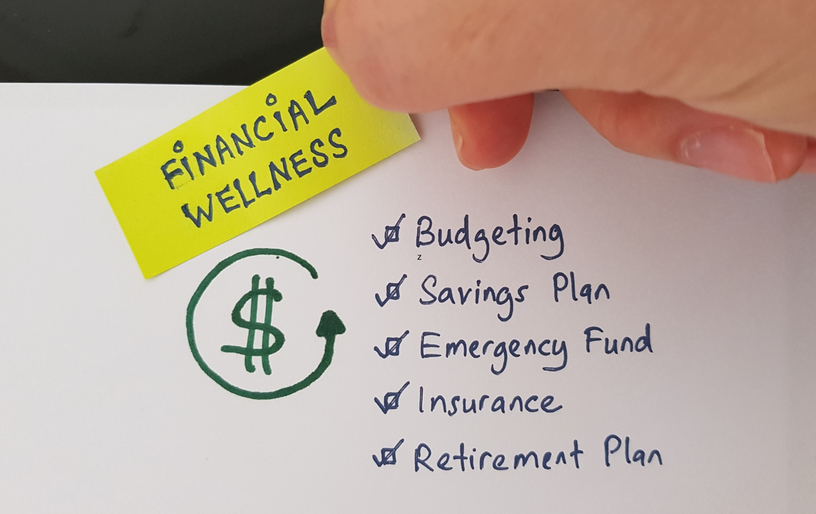In the era of digital innovation and changing economic landscapes, millennials are navigating a unique financial terrain. Budgeting becomes a cornerstone for financial success, offering a roadmap to financial wellness. In this blog, we will explore practical budgeting strategies tailored to the distinctive needs and aspirations of millennials, empowering them to build a foundation of financial well-being.
Understanding Millennial Financial Challenges:
Millennials face a unique set of financial challenges, from student loan debt to housing costs and the evolving gig economy. Acknowledging these challenges is the first step in crafting budgeting strategies that resonate with the millennial experience.
Embracing Technology:
Millennials are digital natives, and technology offers a plethora of tools to simplify budgeting. Explore budgeting apps, expense trackers, and online financial management platforms that align with a tech-savvy lifestyle, making financial tracking intuitive and accessible.
Prioritizing Debt Repayment:
Many millennials carry student loan debt, credit card balances, or other financial obligations. Establishing a clear plan for debt repayment is paramount. Implementing strategies like the debt avalanche or snowball method can accelerate the journey to financial freedom.
Flexible Budgeting:
The gig economy and non-traditional work arrangements characterize millennial employment. Traditional budgets may not align with the fluctuating income streams. Introduce the concept of flexible budgeting, allowing for adjustments based on variable income, unexpected expenses, and irregular cash flow.
Saving for Short-Term and Long-Term Goals:
Millennials often juggle multiple financial goals, from building an emergency fund to saving for homeownership or retirement. Tailor budgeting strategies to allocate funds strategically, addressing short-term needs while nurturing long-term aspirations.
Investing in Financial Education:
Empower millennials with financial literacy. Offer resources and tips on budgeting, investing, and understanding financial markets. Investing in financial education equips individuals with the knowledge to make informed financial decisions.
Mindful Spending Habits:
Encourage mindfulness in spending. Millennials value experiences and lifestyle choices, making it essential to align spending habits with personal values. Explore strategies like conscious spending, where individuals prioritize expenses that bring lasting joy and fulfillment.
Community-Based Finance:
The millennial generation values community and collaboration. Explore community-based finance initiatives, such as shared housing, carpooling, or collaborative budgeting, to harness the power of collective financial strength.
Side Hustles and Additional Income Streams:
Given the gig economy’s prevalence, many millennials engage in side hustles or freelance work. Guide them on incorporating additional income streams into their budget, emphasizing the importance of allocating these funds wisely.
Sustainable and Ethical Financial Choices:
Millennials often seek sustainable and ethical choices in all aspects of life, including finance. Discuss budgeting strategies that align with environmentally conscious and socially responsible financial practices.
Conclusion:
Budgeting for millennials goes beyond mere financial management; it’s about cultivating a mindset of financial wellness. By embracing technology, adapting to flexible budgeting, and aligning spending with values, millennials can navigate their unique financial landscape with confidence. This blog serves as a guide to empower millennials on their journey towards building financial well-being—one budgeting strategy at a time.
#MillennialFinance #BudgetingStrategies #FinancialWellness #TechSavvyBudgeting #DebtFreeJourney #FlexibleBudget #ShortTermGoals #LongTermAspirations #FinancialEducation #MindfulSpending #CommunityFinance #SideHustleBudgeting #SustainableFinance

